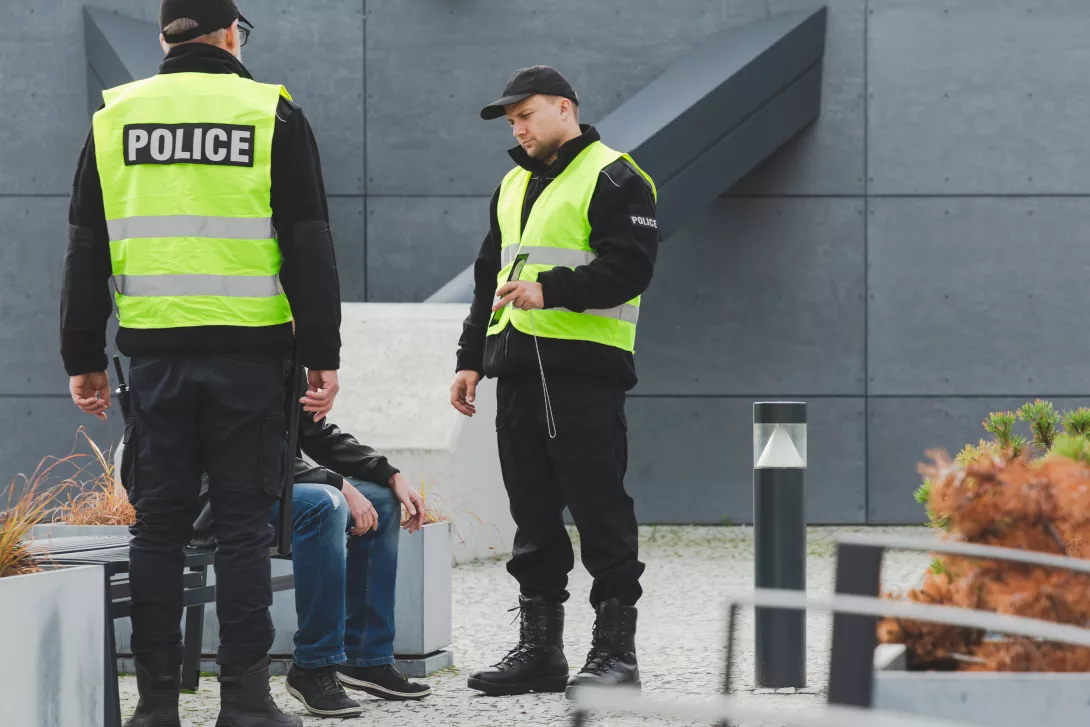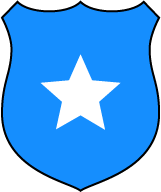A Practical Guide for Interacting with Police
Last Reviewed:
Reviewed By:

Being approached by a police officer can be intimidating. Knowing your rights can help keep you safe and out of trouble.
Do I have to speak to the police?
In most cases, if you are stopped and questioned by the police, you do not have to answer their questions, but it is a good idea to be polite. Even in a casual conversation the police can record and share information they collect about you, so you can choose whether to engage or remain silent.
Do you have to identify yourself to the police?
In general: NO
In these cases, YES:
- If you are stopped while driving a car
- If you are arrested
- If police are giving you a ticket or document to appear in court
You must give your name and address if asked, or show your ID. If you don’t, they may arrest you until they determine who you are. If you lie about your name, you can be charged with obstructing justice.
If the police stop me and ask me questions, do I have to stay with them?
Ask them: “Am I free to go?”
If they say yes → you can leave.
If they say no → you are being detained or arrested
Ask them: “Why?”
You Have the right to know why. Make sure to remember the reason and get the officer’s name or badge number.
Next, you have 2 important rights:
- The right to remain silent. What you say can be used against you. You have no obligation to provide information, even if the police ask questions. It is up to you to continue to exercise your right by being silent.
- The right to speak to a lawyer. The officer should tell you about your right to speak to a lawyer as soon as you are detained or arrested. The police are obligated to provide a free lawyer, or you can speak with a lawyer of your choice.


Dig Deeper
Arrest Handbook: easy-to-understand information on your rights when interacting with police on topics like arrest, detention, search and seizure, and youth and the law.
Police interactions at school: a guide to information on your rights when interacting with School Liaison Officers or police at school.
Never lie to the police
This includes giving a false name or fake ID, both of which could land you in trouble. Instead, use your right to remain silent.
What if the police stop my car?
When you are driving a car, you may see a police car with flashing lights behind you or driving beside you. Stop at the right side of the road. The police may stop you for many reasons. Maybe you were driving too fast. Maybe you didn’t stop at a stop sign. Maybe something is wrong with the car. Or the police officer may want to see if you are wearing a seatbelt. Police can stop you for lots of reasons.
What you MUST do if you are driving
- If you are pulled over you must provide a driver’s license, registration and insurance if asked by a police officer.
- If they ask for a breath sample, you need to do your best to provide one.
What you DON’T have to do
- You don’t have to answer questions, even ones like “do you know why I pulled you over?”
- Police have to have good and legal reasons to search your car. If police ask to search your vehicle, you can say that you do not consent. However, if the police suspect alcohol or marijuana use, it is possible that they may still search your car.
- If you are a passenger you do not have to give your ID.
Can the police search me?
Yes, in certain circumstances. The police have to have good legal reasons to search you. They aren't supposed to search people at random or because they have a hunch. They can legally search you...
- If you consent: but remember, you do not have to consent. If you tell police you do not consent to a search, they may still do one. Do not physically resist the search
- If you are detained: they may pat you down to make sure you don't have anything that could hurt them
- If you are arrested: they may do a more thorough search for evidence
- If they have a search warrant
Can I record the police?
Yes, in Canada, you can record the police as long as you don’t get in their way.
What do I do if my rights are violated?
- Record the time, place and details of what happened
- Get the police names or badge numbers
- Try to get contact information for witnesses of the incident
- Take pictures of any injuries
- Upload any photos or videos of the incident to a secure server
- Talk to a lawyer as soon as possible


Get help
Legal Aid BC 1-866-577-2525 / 604-408-2172
How do I make a complaint about the police?
It is the duty of the police to protect the people in the community. In performing their duty, there are rules the police must follow. If a police officer hits you or calls you names, you can complain.


Toolbox
To make a complaint about the Royal Canadian Mounted Police, visit the Civilian Review and Complaints Comission for the RCMP or phone 1-800-665-6878. To make a complaint about the police in BC, go to the Office of the Police Complaint Commissioner and click on “Making a Complaint”.


Dig Deeper
Complaints against the municipal police or Complaints against the RCMP, People’s Law School


Legal Level Up
YCJA course: Learn about the law and how it relates to young people who have been accused of crimes
 Crime & Police
Crime & Police Money Stuff
Money Stuff Health & Sexuality
Health & Sexuality Legal Life Skills
Legal Life Skills Driving
Driving Family
Family Work & School
Work & School Housing
Housing Basic Rights
Basic Rights